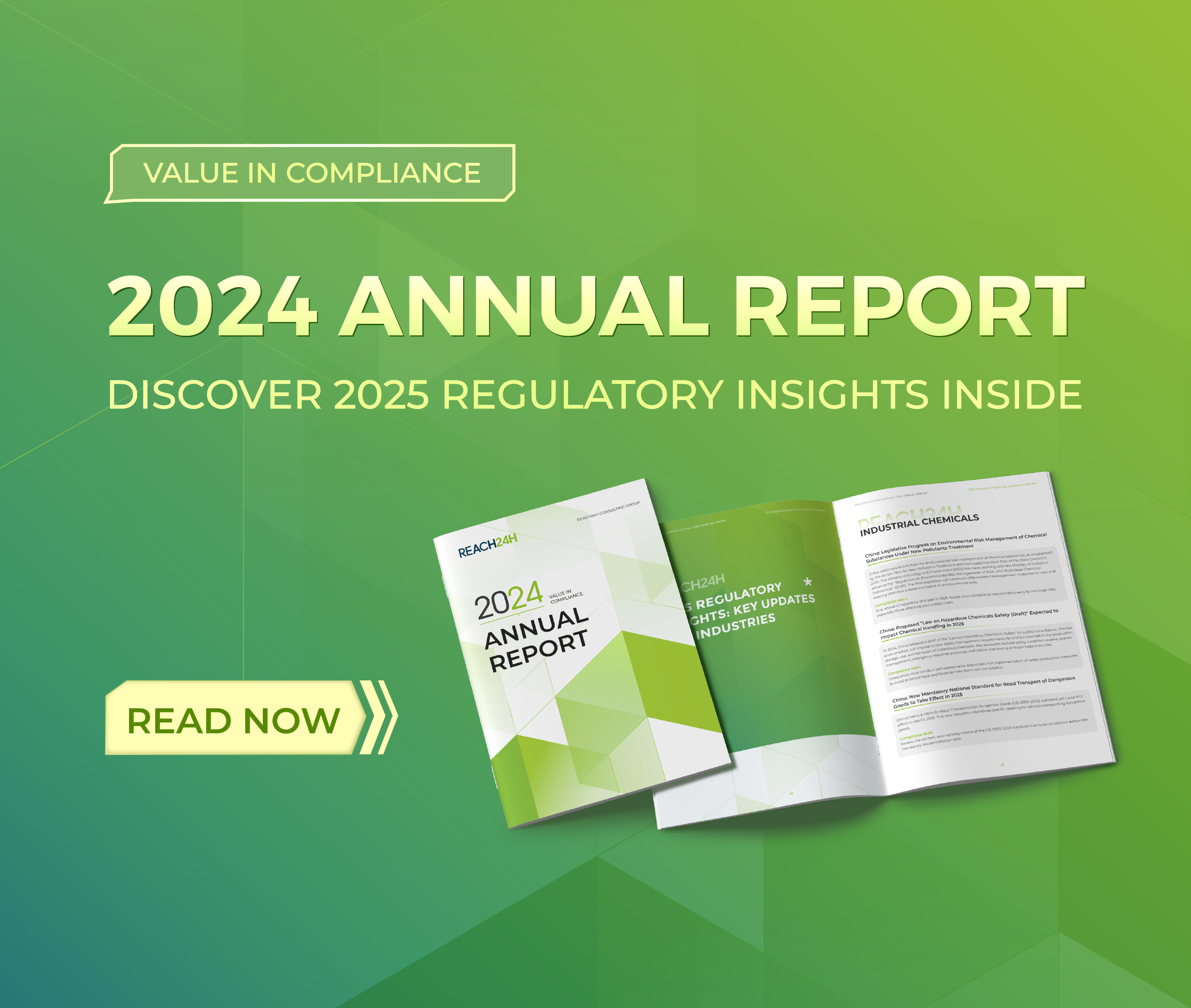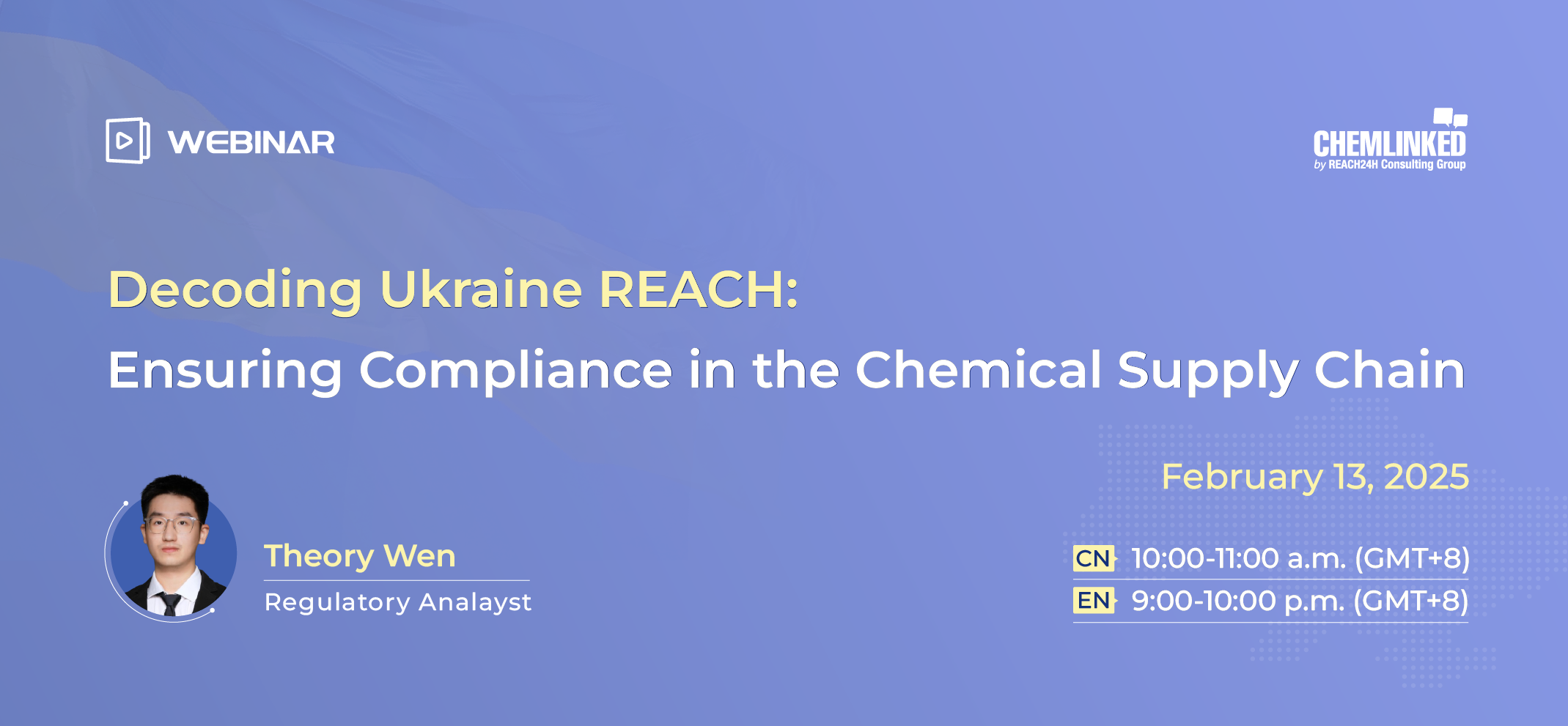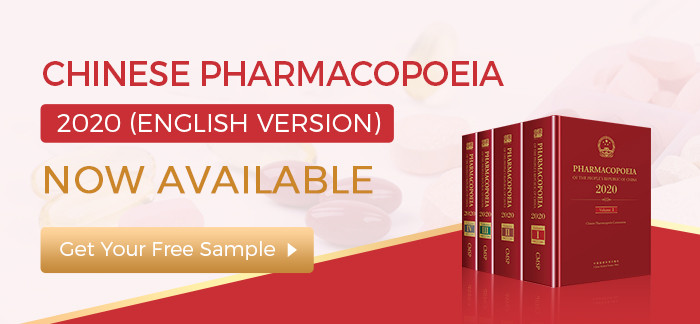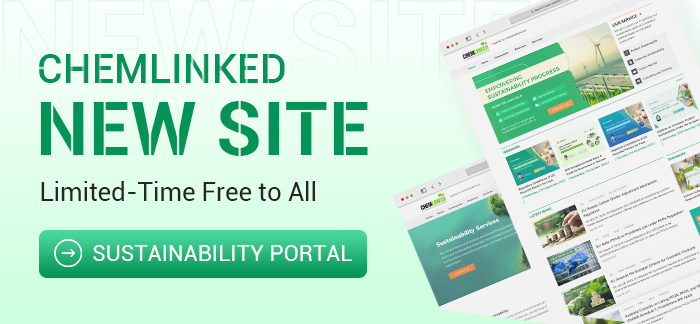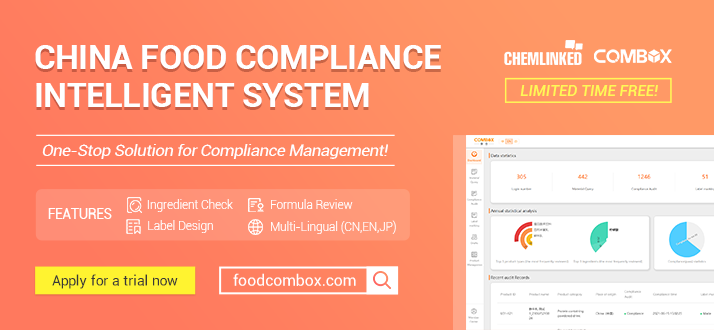ECHA Champions Joint Registration with a No to Individual Submission
On 6 January, the European Commission adopted a new implementing regulation to clarify the “fair, transparent and non-discriminatory” principles for data sharing under EU REACH, which came into force on 26 January, 2016. It gives ECHA the mandate to champion the “one substance, one registration” principle in the REACH regulation.
To implement this requirement, the dossier submission tool REACH-IT had been adapted to reject submissions outside of a joint registration after a maintenance break before 27 January. This indicates that potential registrants are no longer entitled to submit dossiers individually even if a long-term negotiation was inevitable without a consensus in cost sharing.
REACH24H advises potential registrants to get a good understanding of the registration status beforehand and pay attention to the following situations:
• There can be two joint registration dossiers for one substance as a result of varied data requirements for differentiated uses as a substance or an intermediate.
• If there has been a joint registration dossier for one substance, then potential registrants can no longer submit the same type of registration individually.
• If a registration dossier has been submitted individually, then relevant information could not be updated until being part of a joint registration to ensure the validity of the registration number.
• A joint registration could still be possible regardless of individual registrations successfully submitted previously.
Besides, ECHA clarifies on possible disputes in data sharing. For example, if there are disagreements about the selection of data, an opt-out for those data points is possible and registrants can still submit their own data. This means a cost reduction is possible on the one hand and a joint registration can still be realized on the other hand. ECHA encourages a friendly negotiation among all members to solve problems appropriately in data sharing and provides means for appeal when disputes occur.
The recent adaption of the REACH-IT indicates that ECHA pays more attention to the feasibility of implementation when updating the dossier submission tool and tries to avoid unnecessary disputes by means of optimized management. ECHA spares no efforts to implement the principle of “one substance, one dossier”, indicating that potential registrants must try to reach an agreement with registered companies in terms of substance sameness and cost sharing. If disputes exist in cost sharing, potential registrants joining a SIEF can request a breakdown of the study and administrative costs that make up the price for the joint registration. If disputes still exist, potential registrants can turn to ECHA for help.
Here are some advices by REACH24H for compliance with the new implementing regulation:
1. For substances with available joint registration, REACH24H suggest potential registrants to get a clear understanding of cost sharing for the required data and communicate actively with the Lead Registrant( LR). For unreasonable cost sharing practices, potential registrants could appeal to ECHA.
2. For substances without joint submission dossiers, REACH24H suggest potential registrants to play the role of LR and take the initiative to set rules for cost sharing.
If you’re interested in more details about this topic, please send your queries directly to
